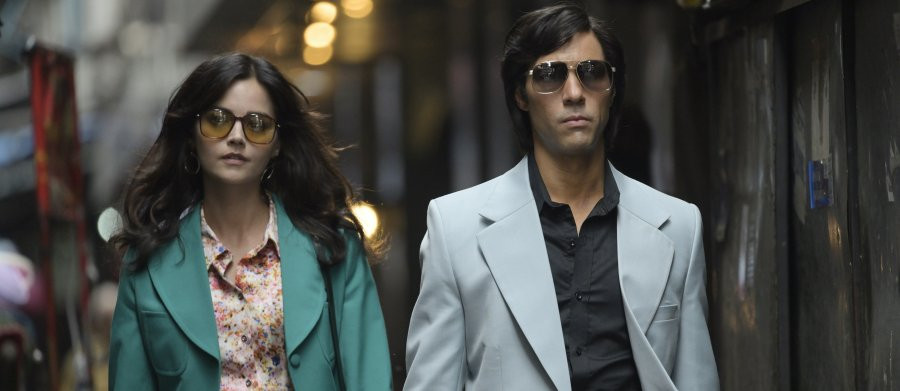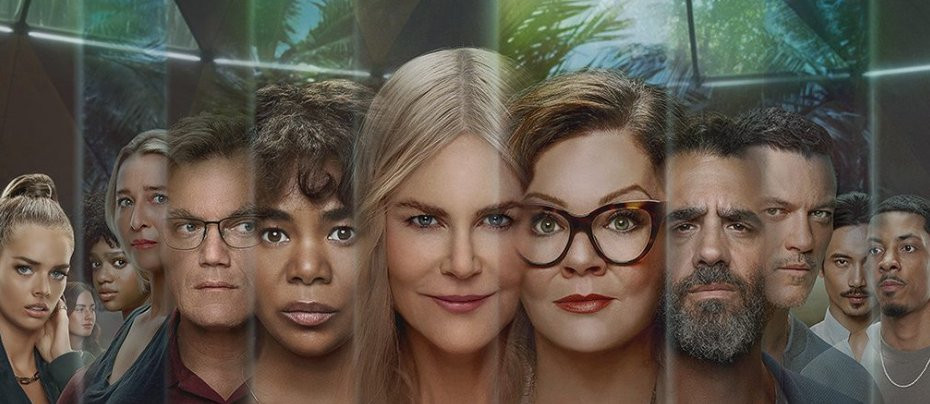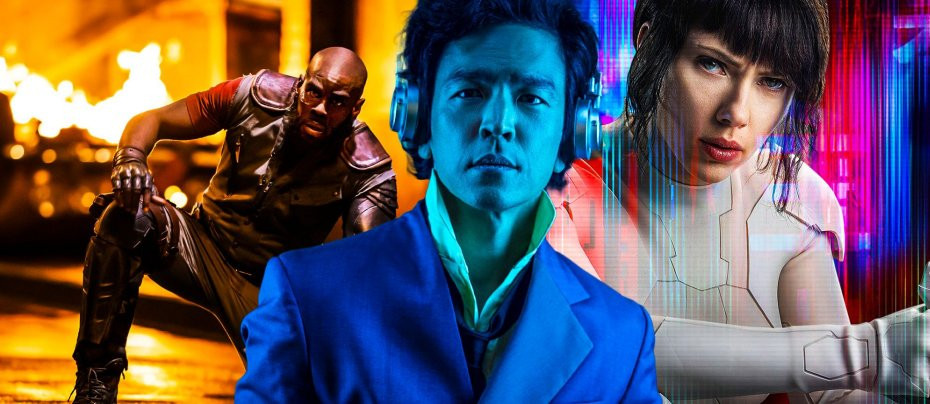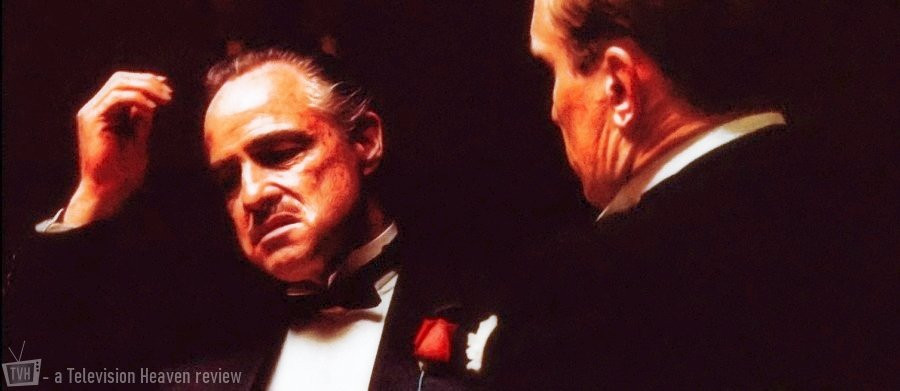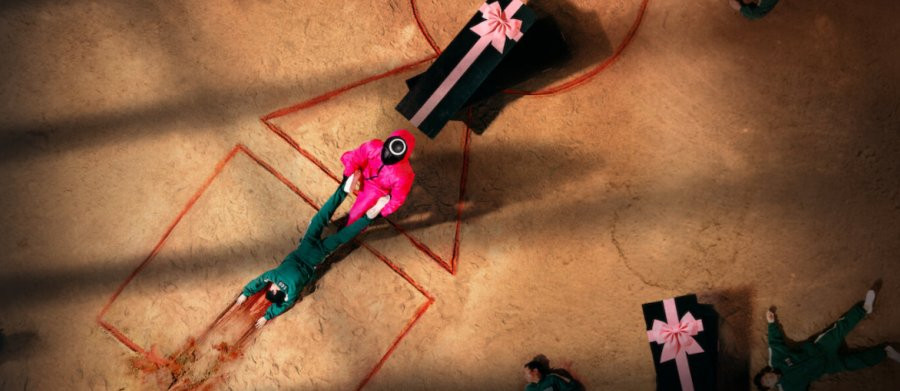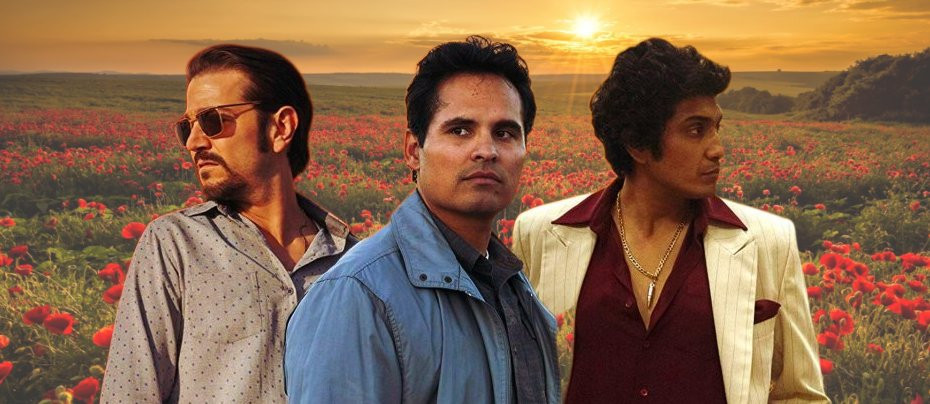
Narcos: Mexico
2021 - United StatesNarcos: Mexico is a worthy successor to a worthy original
The plan was for the crime drama Narcos to run for four seasons, the fourth to focus more on the Mexican drug smugglers introduced in the third. However, it soon became apparent that the real life Mexicans on whom they were based provided such a wealth of material that a single season dedicated to them was simply not enough. They needed their own show.
The wise decision was therefore taken to end the Colombian-set Narcos after three seasons and set a new series, also of three seasons, almost entirely in Mexico. It was also decided not to make the same mistake as Narcos in joining the new story only when the major drug dealers or 'narcotraficantes' - the 'narcos' of the title - were already at the height of their incredible wealth and power: the story of their Fall would therefore be balanced by the even more compelling story of their Rise.
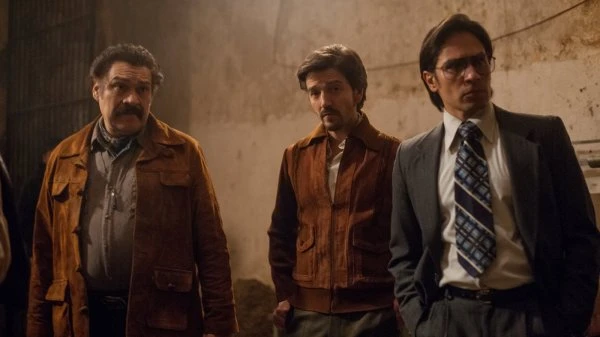
As it turns out, most of the events shown in Narcos: Mexico actually take place before most of the events depicted in Narcos, so in the end it was more "prequel" than sequel. Yet its timeline also carries on beyond the conclusion of the main storyline in Narcos, tying up some loose ends. There are many references to the events in Narcos, some very important to the plot, illustrating the closeness of the relationship between the Colombian and Mexican Cartels, and many of the characters from Narcos make guest or cameo appearances in Narcos: Mexico. The extended timeline even "resurrects" some of them. In particular Narcos: Mexico makes up for the opportunity Narcos missed by showing more of the younger Pablo Escobar (Wagner Moura) in his heyday at his luxurious Hacienda Napoles - and, yes, we finally get to see his famous hippos.
The three seasons of Narcos: Mexico follow the same basic structure as Narcos. The first two are dominated by the tragedy, in the dramatic sense, of a major figure in the drugs trade while the third follows the fate of lesser figures after his Fall. As with Narcos, the third season is therefore slightly weaker in the absence of a huge character providing a definite spine to the story but is nonetheless fascinating.
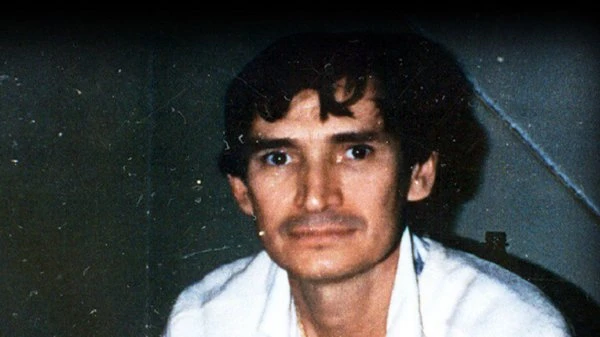
The Mexican Miguel Angel Felix Gallardo was never as flamboyant as the Colombian Escobar, and he certainly did not share his love of publicity, so he is therefore not as well remembered today, but he was more than his equal in towering, self-destructive ambition. Both are shown as being destroyed by their own flaws in the style of classic tragedy. The difference is that Felix Gallardo's flaws are portrayed as developing over time as he is corrupted by growing wealth and power. The historical Felix Gallardo started out, like many of his generation of future drug lords, as a well connected Police officer. In Narcos: Mexico he is presented at first as a basically decent man struggling to provide for his family in a corrupt system but hiding a visionary mind. He sees how Mexico would benefit by all the marijuana Cartels working together as one, by them controlling a monopoly of the routes by which Colombian cocaine is smuggled into the United States, and by them eventually retailing that cocaine themselves rather than let the Colombians keep most of the profits. His mistake is not sharing those profits and the power that comes with them.
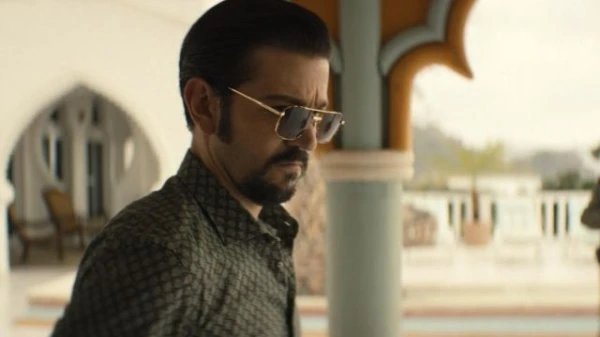
Felix Gallardo is played by Diego Luna (Y Tu Mama Tambien, Open Range) with an intensity reminiscent of Edward Norton at his best. He manages to keep our sympathy until a very late stage - when his attempt to justify a truly horrific crime loses it completely: it should be noted that the involvement of the real life Felix Gallardo in the real life crime is disputed.
Either way, Felix Gallardo's Guadalajara Cartel broke up into the Tijuana, Sinaloa, and Juarez Cartels, initiating bloody conflicts that have continued on and off to this day. This is necessarily a simplification, and, if anything, Narcos: Mexico, a television show, actually downplays both the scale and the deliberate viciousness of the violence. In Season Three the simmering resentment between the Tijuana and Sinaloa Cartels boils over, while the canny Amado Carrillo Fuentes, a Sinaloa man now based in Juarez, takes advantage of the chaos and finally achieves Felix Gallardo's dream of a major Mexican presence in cocaine retailing in the fantastically rich American market. Carrillo Fuentes was already introduced as the "Lord of the Skies" in Narcos and is played by the same actor, Jose Maria Yazpik, who makes him relatively likeable - emphasis on the "relatively:" he is still a very bad man who does some very bad things.
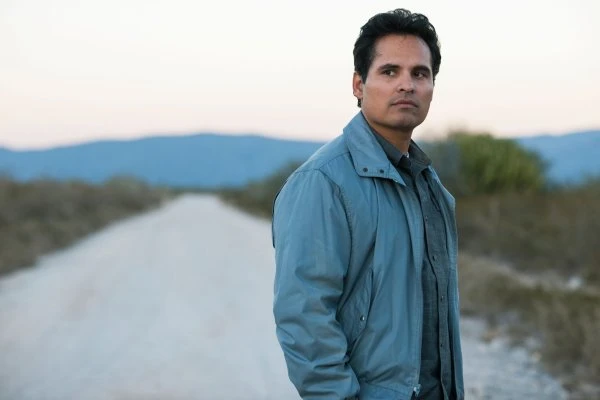
On the other side, the most recognisable face in Season One is Michael Pena (The Shield, End of Watch) as the dedicated US Drug Enforcement Administration (DEA) Agent Enrique "Kiki" Camarena, who is mentioned early in Narcos. Given his influence there, it is good to see his whole story. The role of our principal good guy protagonist is taken over in Season Two by Scoot McNairy (Monsters) as a considerably edgier DEA Agent. Matt Letscher (The Mask of Zorro) plays their slightly burnt out Supervisor.
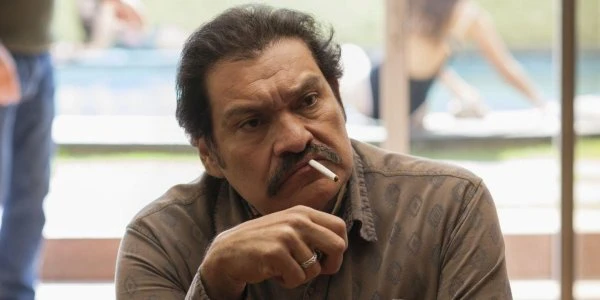
Other memorable performances come from a scene-stealing Joaquin Cosio (A Quantum of Solace) as Felix Gallardo's wonderfully cynical deputy, Luis Gerardo Mendez as a typically corrupt Police officer who becomes conflicted by what he sees happening all around him, Alfonso Dosal as the devoted father and Churchgoer who leads the Tijuana Cartel, Alejandro Edda (Fear the Walking Dead) as a legendary figure in the Drug Wars who is given a deliciously low key introduction and build up, Teresa Ruiz as a woman trying to make it in what is very much a man's world, Gerardo Taracena as a drug smuggler who is essentially an out of his time 'bandido' in the tradition of Pancho Villa and Sosie Bacon (daughter of Kevin Bacon and Kyra Sedgwick, proving the value of good genes) as his unlikely but appealing Anglo girlfriend, Jesus Ochoa as an Old School smuggler, Alberto Guerra as a smuggler claiming to be no more than a simple fisherman who wants to be his own boss, and Julio Cesar Cedillo, Fermin Martinez, and Jose Zuniga as very senior Police officers with somewhat complicated loyalties, to put it mildly.
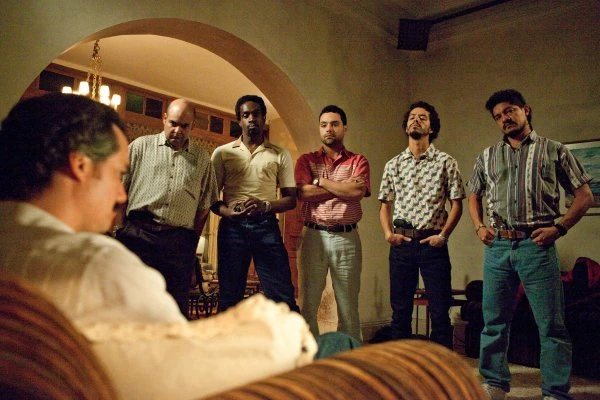
In addition to Wagner Moura, who also directed two of the best episodes of Season Three, faces familiar from the original Narcos include Francisco Denis, Pepe Rapazote, Damian Alcazar, Alberto Ammann, Eric Lange, Matias Varela, and Juan Sebastian Calero as the disconcerting Cali Cartel enforcer Navegante who can make even an expression of concern for wildlife sound threatening.

There is so much more to enjoy in Narcos: Mexico if one has already seen Narcos, but it is nevertheless a freestanding project and there would be no difficulty following the story if one had not seen the original. It is just better if one has. The production, pace, and sense of period, including some bad hairstyles, are again exemplary, as they were in Narcos. It was a particularly clever touch to hold back the identity of the anonymous narrator of the first two seasons to the end of Season One. The subversive ending might raise a smile, even if it ought to be a guilty smile.
The big difference between Narcos and Narcos: Mexico is, of course, the main location. It is not just a matter of Colombia having more jungle and Mexico more desert. The main point of interest is the huge cultural distinction, at least as it is presented here. To what extent this is a fair and accurate representation only someone far more familiar with both nations can judge.
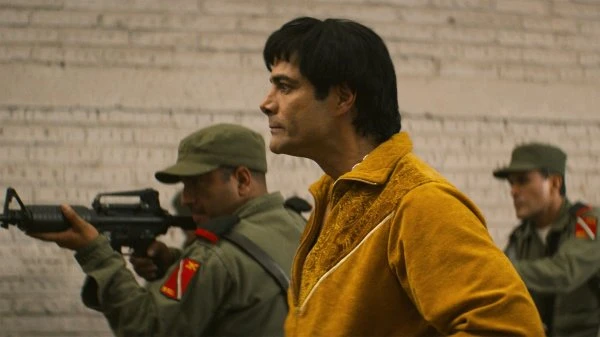
For all its problems, Colombia was portrayed in Narcos as basically a functioning democracy with both a "civic culture," a general respect for and participation in the public realm, and a "civil society," a third sector independent of both government and business - in particular, religious faith is shown as a strong motivator among Colombians opposing the 'narcos.' Mexico in the 1980s, nominally a liberal democracy but in reality a militantly secular one-party State, is shown as having little in the way of either "civic culture" or "civil society" in Narcos: Mexico - it is significant that things begin to change when the murder of the Cardinal-Archbishop of Guadalajara activates the Roman Catholic Church to put pressure on the Government.
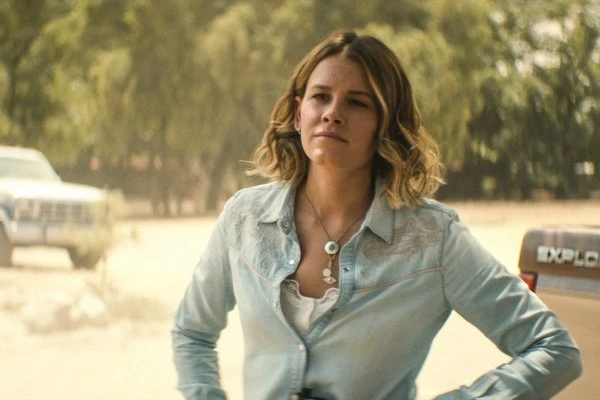
Practically everyone in the Mexican Government and the Mexican Police is portrayed as corrupt. The extent to which this is an exaggeration for dramatic effect cannot be assessed. The subplot about the conflicted Policeman in Jaurez is credible in suggesting that even those unhappy with the situation were under the impression that the corruption was so universal that they felt obliged to go along with it. When the Army is called in, it acts like an occupying force. It makes a powerful point when a soldier shoots one wounded drug smuggler quite casually and then arrests another who subsequently serves only three months in prison. The point is that when law is too lenient it is generally ignored in practice. Where Narcos suggests that Colombia has competitive news media, Narcos: Mexico explains that a State paper monopoly enabled the Mexican Government to keep a tight grip on the press.
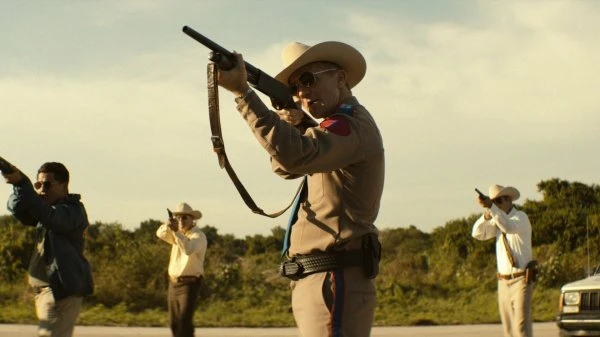
Overall Narcos: Mexico does not stick quite as closely to historical fact as the original Narcos. Most of the more shocking big events, including the stolen election of 1988 and the accidental assassination of the Cardinal-Archbishop are, however, completely true. The whole project gives a very unflattering view of Mexico - not improved when one reads how one of the location scouts was murdered during the production, possibly by 'narcos.' The case remains unsolved.
It is also fair to say that Narcos: Mexico is less subtle - and therefore less effective - in making political points than the original. Some are made very much "on the nail" in the narration rather than letting viewers think things out for themselves as they did in Narcos proper. As a result, where 'Narcos' may have led the open-minded viewer to the conclusion that the American War on Drugs was part of the problem rather than the solution in Colombia, Narcos: Mexico leaves the viewer with the impression that the problem in Mexico is Mexico - which was probably not the intention. Nevertheless, Narcos: Mexico is a worthy successor to a worthy original and a well made introduction to an aspect of recent history that ought to be better known.
Seen this show? How do you rate it?
Seen this show? How do you rate it?
Published on September 22nd, 2022. Written by John Winterson Richards for Television Heaven.



